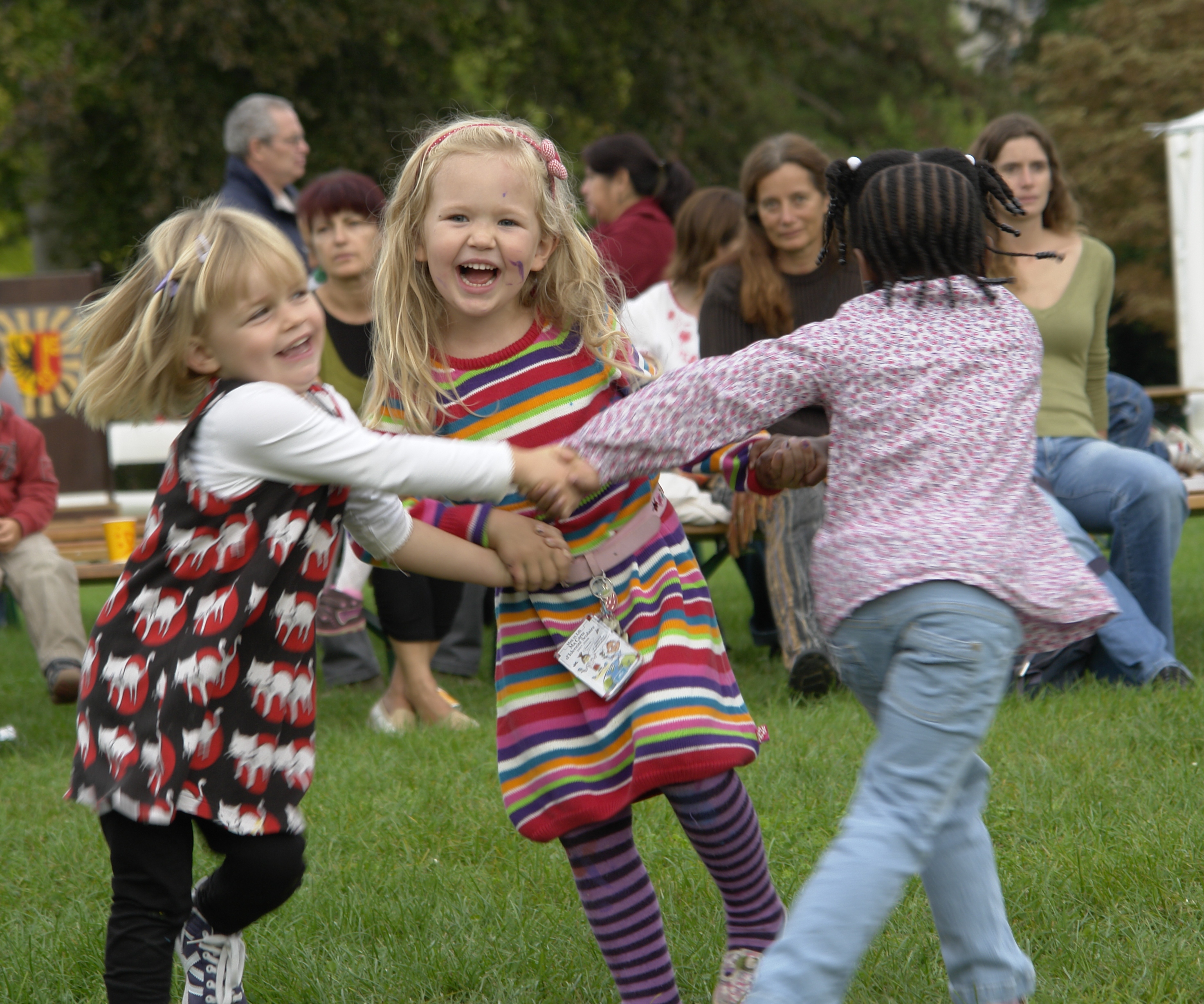The
Solemnity of the Immaculate Conception of Mary
“Hail full of grace”, is a unique greeting for
nowhere else in Holy Scripture does an Angel address someone by a title rather
than a personal name. What is the significance of this?
First, of course, it draws our attention to the
uniqueness of Our Lady. She is favoured above all other women and all men
except her son.
Secondly, the title “full of grace” does not express
the depth of St Luke’s phrase in Greek. He could have used the same phrase he
uses for Stephen in Acts 6:8 (“And Stephen, full of grace and power…”) but Luke
used in Greek a different word (kecharitomene),
in English it too is traditionally translated as ‘full of grace’. But the word
Luke used for Our Lady reveals that not only was she full of grace in that
moment (as Stephen was), but that God had previously filled her with grace. She
has been and is now filled with divine life. That is the depth of meaning of
the Greek word used by St Luke here.
God had provided Mary with an abundance of grace to
prepare her to be the Mother of God. So we can see that Gabriel’s annunciation
points us towards the Immaculate Conception. For in the doctrine of the
Immaculate Conception of Mary we are taught that Mary was preserved from
Original Sin and therefore was made to be like our ancient mother, Eve.
To understand the significance of this we must
understand that Mary is the New Eve, the New “mother of all”. By Eve’s fall,
and by Adam’s fall, sin entered the world, and through sin, death. So that all
the children of Eve would inherit this fallen condition, this disharmony with
God and His creation, and this inclination to sin that we call concupiscence. Mary
alone, by the grace of Christ, was preserved from Original Sin and in the same
state as the first Eve, so that she could become the “Ark of the New Covenant”
the one woman capable of being the Mother of Christ the Son of God. The
humanity provided by our Lady for Christ’s human nature was unstained by sin.
How could it be otherwise? God could not become incarnate with a sinful human
nature – it would be a contradiction. So Mary is the only woman able to be
Mother of God.
However Mary still had a choice. Her free will had
not been taken away. Yes she had been preserved from Original Sin by grace, but
she still could sin just as Eve was able to sin. So in the annunciation the
incarnation of God that would save humankind hangs upon the words of this young
Jewish girl, Mary full of grace. Mary’s gives her consent. Mary’s fiat, her ‘yes’ crushed the Serpent who
had obtained a ‘no’ from the first Eve. Mary’s Son would go on to
comprehensively defeat the Serpent on the tree of the Cross. The first Adam had
brought sin and death to the world by his cooperation in the Original Sin; the
Second Adam would bring life and grace into the world through the New Eve’s
full cooperation with grace, so that we too can be filled with grace and sin
and death can be defeated in us.
So let us praise God for Our Lady full of grace,
greatest of all creatures, and that we too might allow grace to fill our lives
and give our ‘yes’ to God in all that we do and say. Amen.
Fr Ian



